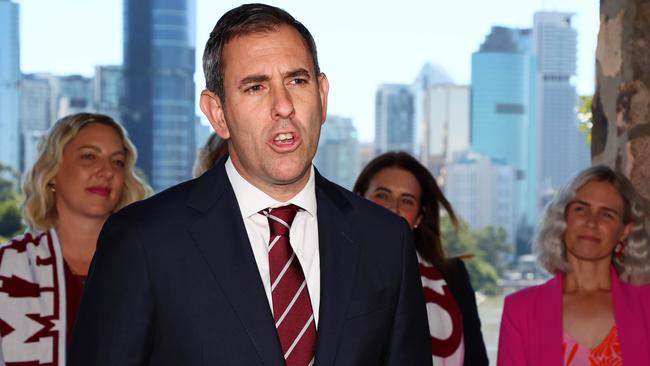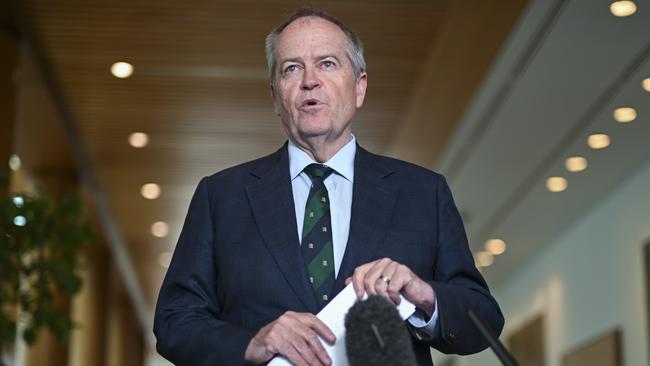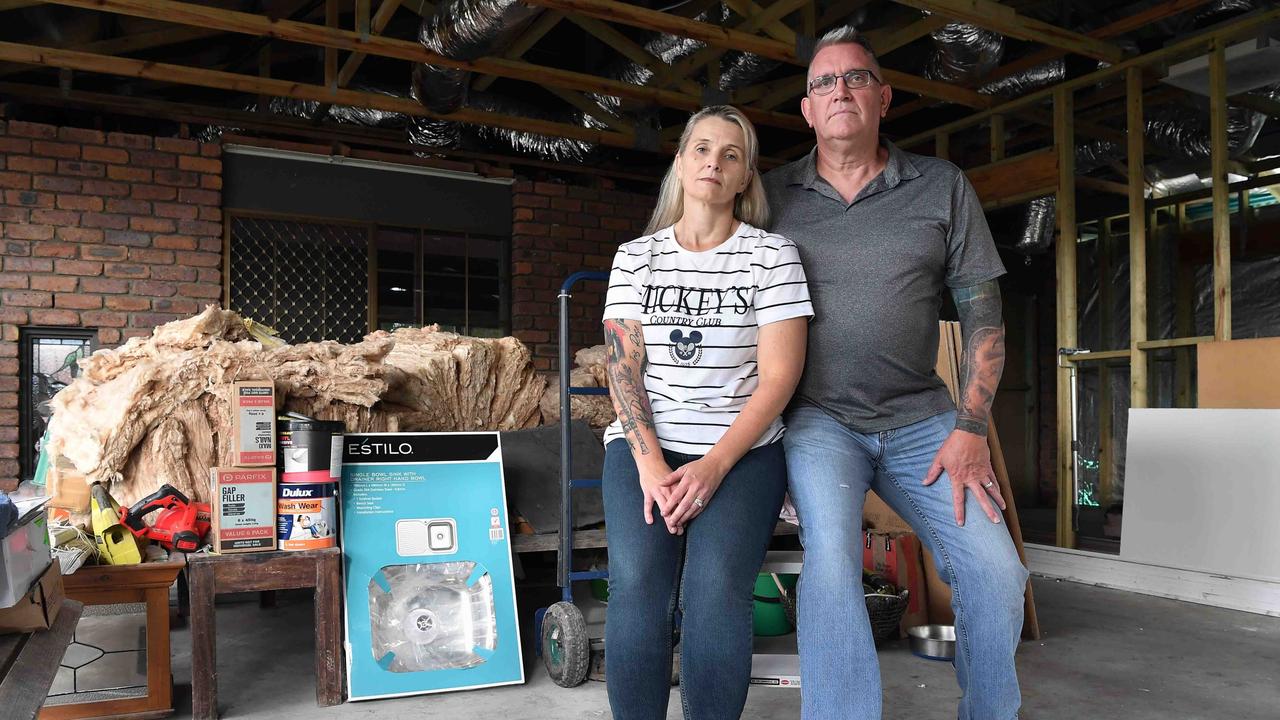Despite assurances, the new tax on super will hit franking credit refunds
It’s been labelled ‘economic vandalism’ and now a superannuation specialist has exposed how Labor’s extra hit on super funds will tax franking credit refunds.

Franked dividends, the backbone of Australia’s retail investment system, will be hit by the federal government’s superannuation tax.
The tax will capture the increase in value of all money in an individual’s super account each year, and therefore franking credit refunds will be included in calculating the annual change in assets – and the new tax is applied at an additional 15 per cent.
Industry analysts had earlier believed franked dividends would escape the reach of the highly controversial tax, but superannuation specialist auditor Naz Randerian of Reliance Auditing has quashed that. “I should have picked this up earlier; it’s only when you look really closely at how it all works … it actually results in taxing franking credit refunds,” Randerian says.
“This means you are paying double tax … it’s against all the rules, you should not pay tax on profit after tax; it’s basic logic.”
The franked dividend system is unique to Australia and a crucial component of retail investor portfolios. It is also a key support measure for Australian-listed shares which makes dividends from locally listed stocks, such as banks, much more attractive – especially to retirees.
If franked dividends are subjected to tax inside the planned new super tax – tagged as Division 296 – the move would undermine the franked dividend tax policy originally framed by former federal treasurer Paul Keating.

The new tax, which imposes an additional hit of 15 per cent on earnings on amounts above $3m in super, is due to come into effect on July 1 and the collection of revenue from that tax commences on July 1, 2026.
Disturbing any aspect of the franked dividend system would take the re-elected Labor government into very challenging political territory. One of the key reasons former Labor leader Bill Shorten lost the 2016 general election was linked with an attempt to try to wind back the franked dividend system. That policy backfired badly after widespread protests against it.
Financial advisers have been telling investors that the new super tax would not affect the extent to which super funds – and self-managed super funds – could claim refunds relating to franking credits.
But Randeria says what she missed – along with many others – is that the franking credit refunds get included in the annual calculation of taxable earnings at funds and this falls within the new tax net.

Any super fund with investments in fully franked Australian blue-chip shares is exposed to the issue. Retirees with SMSFs who have accumulated share portfolios to take advantage of franked dividends are the most exposed segment.
“When a fund receives franking credit refunds they are included in the member’s after-tax earnings,” Randeria says.
“The Div 296 tax imposes a 15 per tax on a portion of these franking credits; this is where we see a tax on tax refunds.”
“I’ve been warning about this tax for a long time. I’ve written to the Treasurer, Jim Chalmers, directly; this is not tax reform, it’s economic vandalism.”
The new super tax, which is designed to catch very wealthy investors who may be holding enormous amounts of money inside SMSFs, has been heavily criticised in recent weeks as projections show the unindexed tax would quickly capture many mid-market investors who were told by successive governments that superannuation rules would not change.
Chalmers, who expects the tax to bring in $2.3bn annually, is under pressure to change its terms, primarily due to the inclusion of unrealised (or paper) gains and the absence of indexation.
James Kirby hosts the twice-weekly Money Puzzle podcast
Originally published as Despite assurances, the new tax on super will hit franking credit refunds




